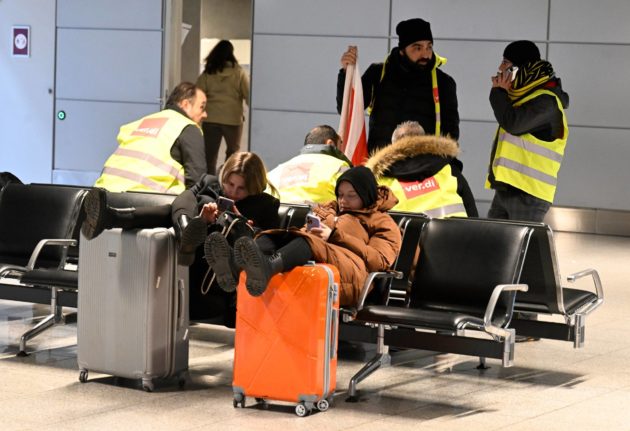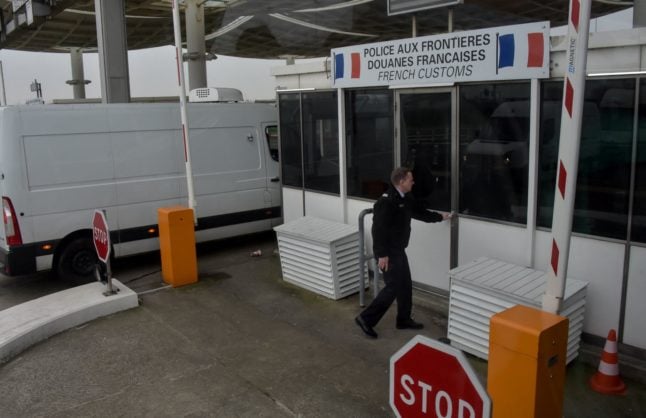The Verdi union has organised another walkout of ground staff at a German airport – this time in Düsseldorf, the largest airport in North-Rhine Westphalia and the third largest in the country.
Half of the airport’s 700 ground and check-in staff were scheduled to be on duty Friday morning, yet only about 10 percent showed up – with the others striking for the day.
Around half of all flights both arriving into and flying out of Düsseldorf Friday have been cancelled. The airport authority is also warning travellers to expect delays on flights that are still running.
DUS is asking affected travellers to contact their airlines or travel agents to reschedule flights or make alternative arrangements for travel or accommodation, as needed. You can check the status of your flight on the airport website.
EU law says airline passengers are normally entitled to up to €600 in compensation if their flight is cancelled, overbooked, or delayed for more than three hours. However, this applies only if the airline is responsible for the flight’s delay or cancellation. Travellers can get more clarification from their individual airline as to what compensation may be available.
READ ALSO: What are your rights in Germany if a flight is delayed or cancelled?
Employees are striking over a plan that would leave them without severance payments if they are fired. Around 700 jobs are currently at risk at Düsseldorf Airport.
On Wednesday, the Verdi union also organised a strike at Berlin’s BER Airport over pay and contract lengths, leading the airport authority in the capital to cancel all flights that day.



 Please whitelist us to continue reading.
Please whitelist us to continue reading.
Member comments